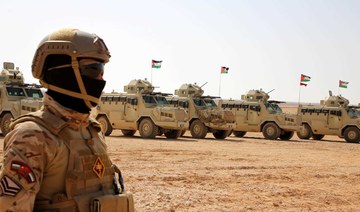DUBAI: Since her son was gunned down by an Islamist terrorist exactly 10 years ago, French-Moroccan activist Latifa Ibn Ziaten has dedicated her life to promoting interfaith harmony and combating radicalization.
She created the IMAD Association in honor of Imad, a 28-year-old French army paratrooper who was the first person to be killed (on March 11) by Mohamed Merah during his 12-day shooting rampage in March 2012 in Toulouse and Montauban, in southwest France.
Merah, a French-Algerian, targeted soldiers as well as children and teachers at a Jewish school, before he too was killed by police. Seven people, including three children, were killed and five others wounded.
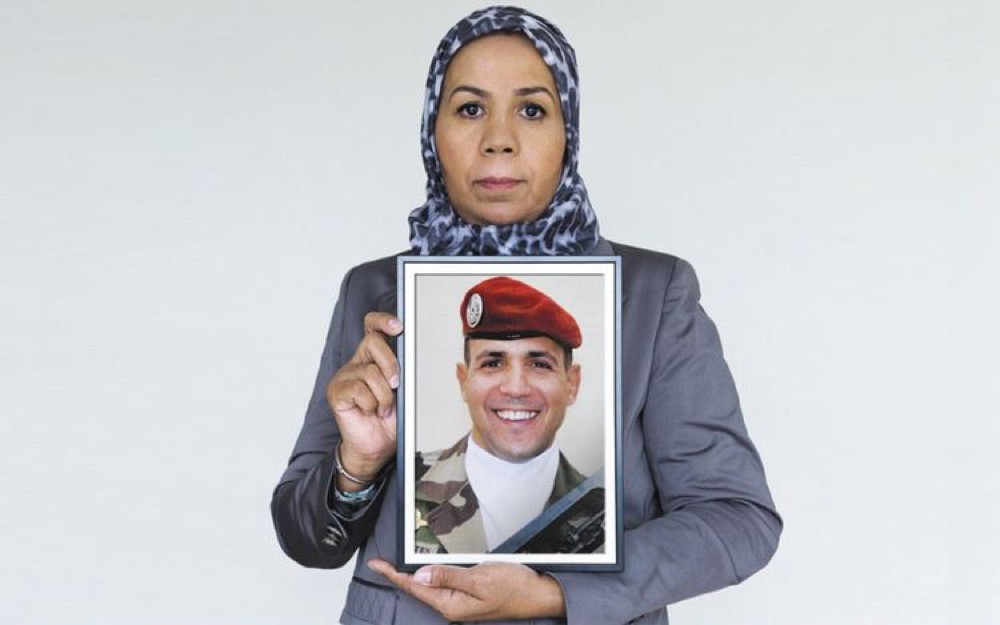
Ibn Ziaten launched the IMAD Association after her son, Imad, was murdered in 2012. (Supplied)
For her tireless work addressing the root causes of radicalization, Ibn Ziaten was the co-recipient of the 2021 Zayed Award for Human Fraternity in the UAE, an award launched in 2019 following Pope Francis’ visit to Abu Dhabi to promote interfaith dialogue.
Despite the passage of 10 years, Ibn Ziaten’s painful memories of the day are still fresh. “After Imad’s death, I felt left alone and helpless. My friends suggested I start an association to remember him,” she told Arab News.
“My son was so dear to me that I visited the location where he was murdered to find any trace he may have left, but I only found his blood and that was the only contact I could have with him.”
Stricken with grief, Ibn Ziaten went to the deprived Toulouse suburb of Les Izards where Merah lived — a hotbed of Islamist radicalism — in search of her son’s killer. There she asked a group of young men where she could find him.
“They told me that he was a martyr of Islam because he put the country on its knees. They glorified the murder,” Ibn Ziaten said.
“I stared at them for a few minutes because I was so shocked that a murderer could be perceived as a hero and a martyr of Islam. I told them I was the mother of the first victim of the terrorist attack, and they were surprised.”
They pointed to the living conditions around them, explaining that indigent immigrants like them were viewed as a source of problems for French society. Ibn Ziaten recalls their expressions of pain, helplessness and loneliness.
“I found them this way,” she said. “They are the origins of the pain in my life, but instead of fighting back, I decided to help them and open a new association to work with all those who are suffering, and that helped me deal with the immense pain and suffering of losing my child.
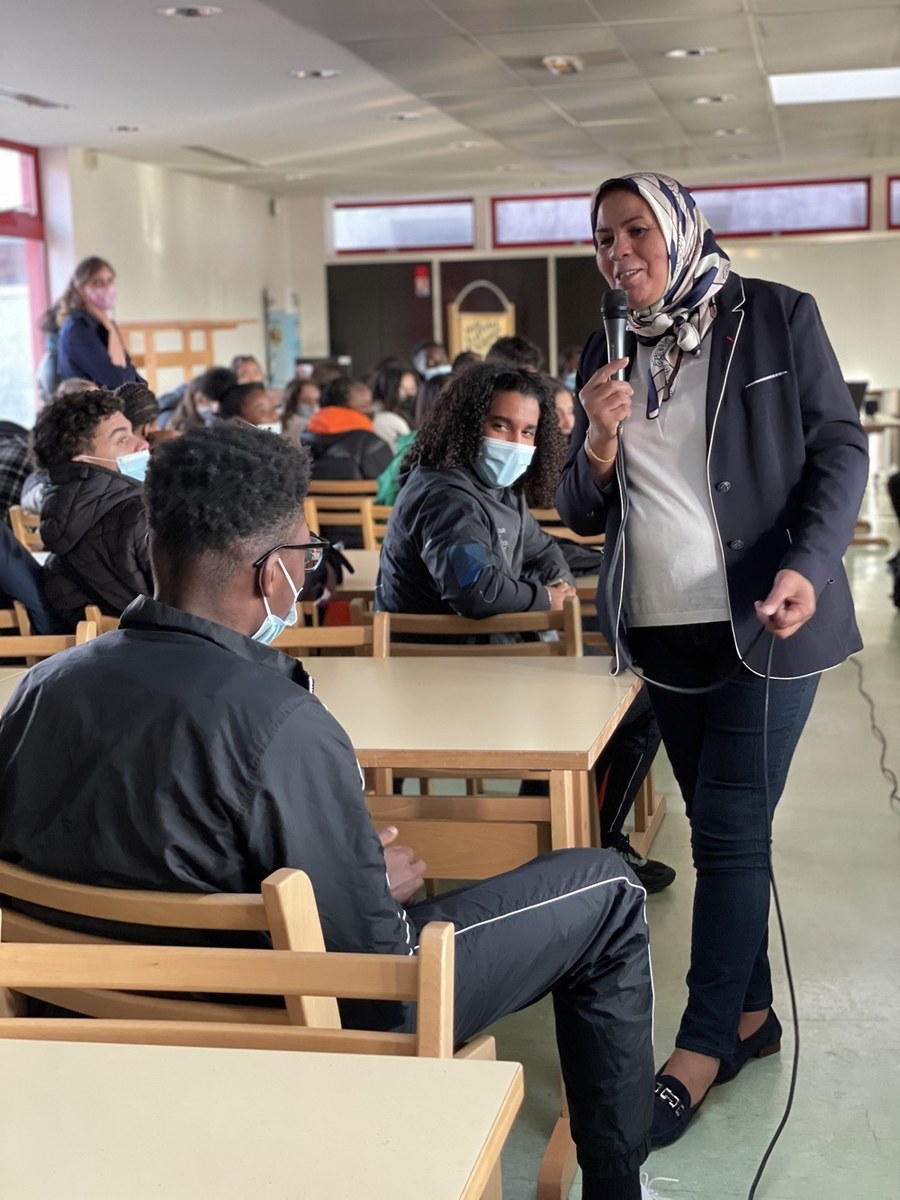
Latifa Ibn Ziaten has fought tirelessly against radicalization, and to protect human rights. (Supplied)
“They wanted me to help the new generation, and I told them that if they can find love in their heart, it is never too late, and we can work together to make things happen.”
This is how her mission began. Soon she started visiting schools two or three times a week to open the minds of young people about the true cause of their struggles, both locally and abroad.
“I tried to have educational programs for young people to open their minds to the world,” Ibn Ziaten said. “Nowadays, in France, the situation is quite difficult, and there is a big misunderstanding about religion in general and Islam in particular. There is a big fracture and hatred in society, and this is the main difficulty.”
Ibn Ziaten has also campaigned alongside French Jews in their fight against anti-Semitism, even traveling to Israel to help promote interfaith dialogue.
She spoke to the Emirates News Agency recently about her work with the French education ministry and the weekly lectures she delivers to raise awareness among vulnerable youth.
“We offer awareness programs that help young people to get out of this vortex, allowing them to explore other cultures and be open to the world,” she told WAM, adding that despite Islam being a religion of peace and compassion, some people do not understand the principles of the faith.
Mindful of the circumstances that provoke racism, fear and suspicion, Ibn Ziaten has also campaigned on migration issues. During a recent visit to the French port town of Calais, she met a group of Sudanese migrants living on the streets, attempting to reach the UK.
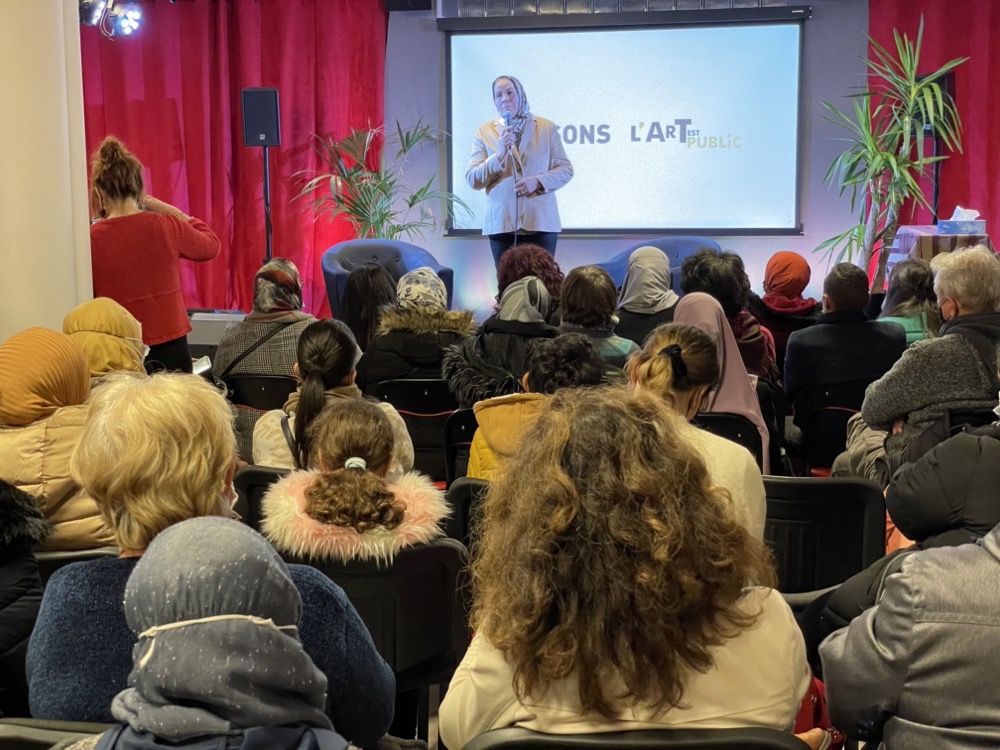
Latifa Ibn Ziaten has dedicated her life to promoting interfaith harmony and combating radicalization. (Supplied)
“In this kind of situation, I wonder where the human rights are and how it is possible that people have to flee their country to be treated with respect,” she said. “There are other types of suffering around the world, it exists, but what I saw that day was quite frightening and shocking for me.”
Through her lectures on tolerance, respect and coexistence, Ibn Ziaten hopes to build a culture of unity in France. And although she has witnessed great pain, she believes every person can identify with her story. Love, she believes, can overcome division.
“But many lack love, advice and a framework to be able to thrive in this society,” she said. “So, they’re helpless and they don’t have a structure for them to develop themselves.
“So, I am trying to bring this to them. Many people have thanked me for being able to continue their journey, and this is the best outcome for me. I made a promise to my son that as long as I am alive and healthy, I will fight for these people to improve their situation.”
To mark the 10th anniversary of her son’s death, Ibn Ziaten was due to launch Imad House, a place for young people in need of care and shelter, on Friday in France.
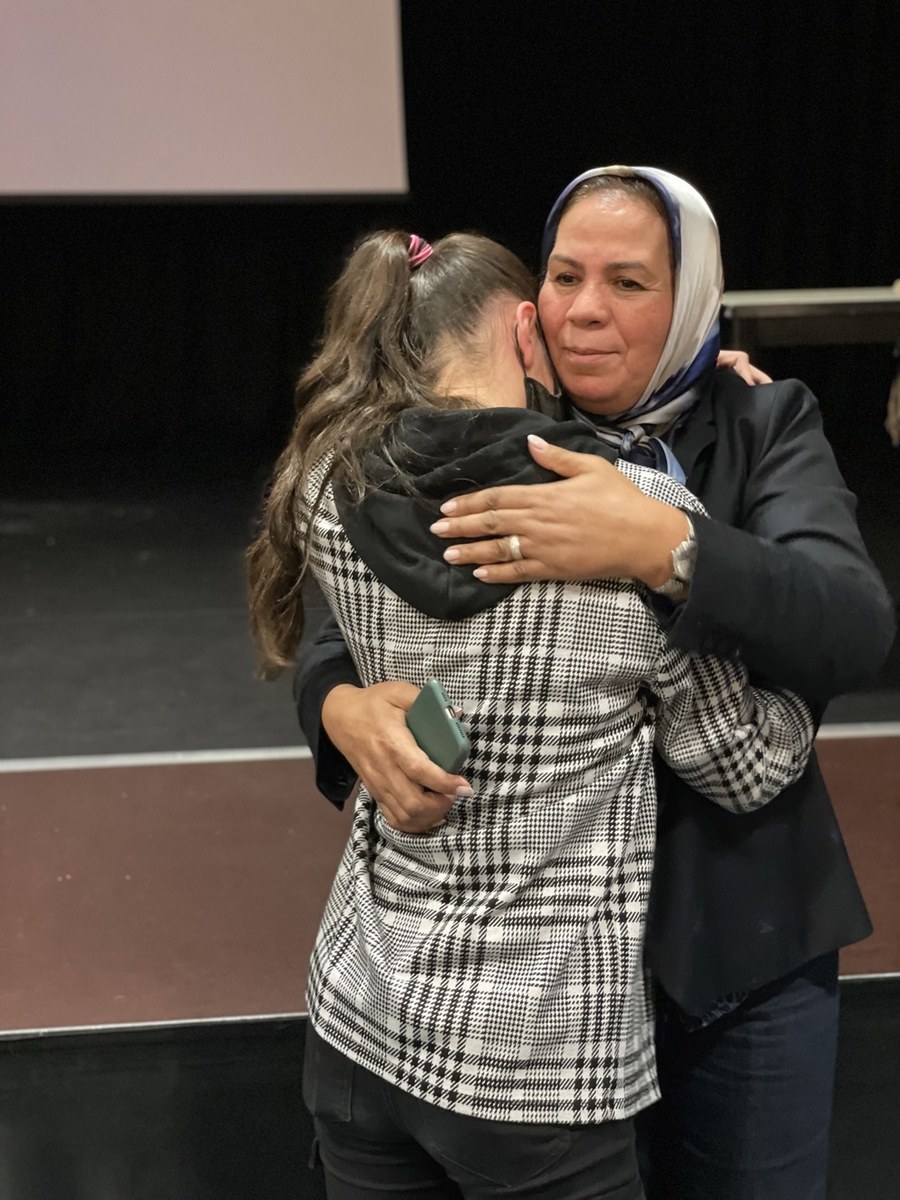
Ibn Ziaten was recognized with the Zayad Award for Human Fraternity in 2021. (Supplied)
Ibn Ziaten has also worked with young people in French prisons, many of them jailed on their return to France for having fought on the side of Islamic militants in Syria. After a few sessions with her, many admit they were brainwashed by “holy war” propaganda, but they still need help to outgrow their radical ideology. Her advice to them: Read.
“Reading books is the only way for people to come to terms with the reality of this world,” she said. “When they have failures in their life, they shouldn’t hate other people, but they should understand their situation, whether it’s because of a lack of support or love from their families. I try to make them understand the difference between radicalism and religion.”
Ibn Ziaten says her main objective today is to establish an integration center in France to rehabilitate radicalized individuals. She hopes to create a similar center in Morocco to help young migrants receive an education and find work in their home country. She intends to fund the project with the prize money of the Zayed Award for Human Fraternity.
“The prize will contribute to all my actions,” she said. “It will help me because I don’t receive any help from the government, so it’s a new way of recognition and a way to encourage me to continue my fight. I am willing to help the youth no matter what the cost. Even if I don’t have all the resources possible, I must keep going for my son. This is the right thing to do.”
Outside of France, Ibn Ziaten has delivered several lectures in Abu Dhabi on terrorism and participated in seminars on how to save the youth from terrorism, in addition to talks she has given in Morocco, the US, India and Mali.
She says that it is vital that the efforts of Pope Francis and Grand Imam Sheikh Ahmed Al-Tayyeb, who established the Zayed Award for Human Fraternity, succeed for the world to overcome violence, terror and suspicion.
On Feb. 4, 2019, the two religious leaders met in Abu Dhabi to sign the Document on Human Fraternity, a joint declaration urging peace among all peoples while setting out a blueprint for a culture of dialogue and collaboration between faiths.
However, Ibn Ziaten believes everyone has a role to play.
“I created a worldwide movement in the prisons, which is amazing because it’s usually a place of hatred where people have a lot of problems and difficulties,” she said.
“I am trying to share happiness and love with everyone and work with all of them so that when they are released from prison, they leave all these problems and hatred behind, and they bring hope and love to everyone in their surroundings.
“The youth of the world have got to be the incarnation of love and of peace. They need models, and we are the models. There is huge work that needs to be done with them today.”
Twitter: @CalineMalek














